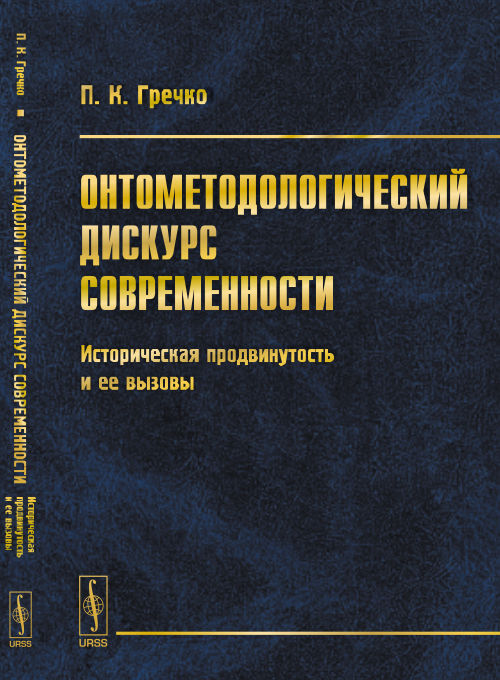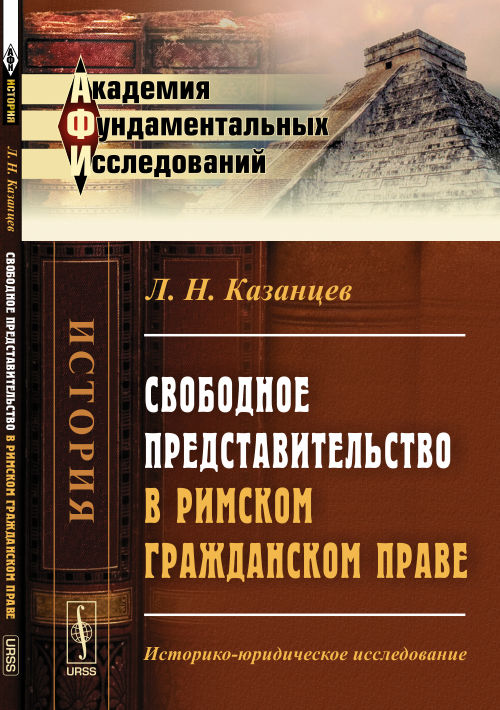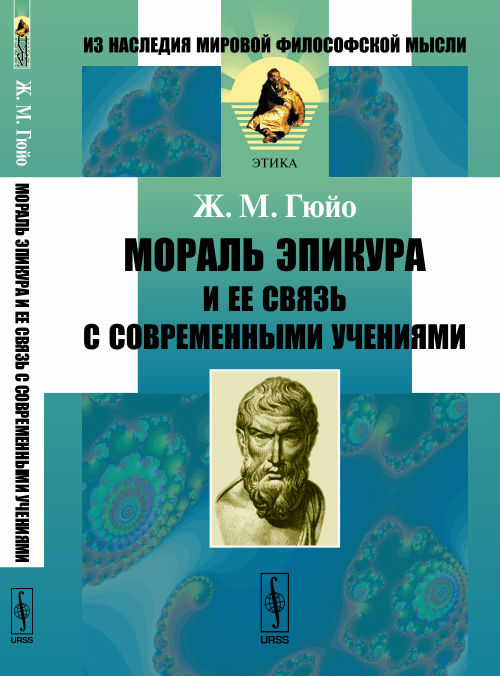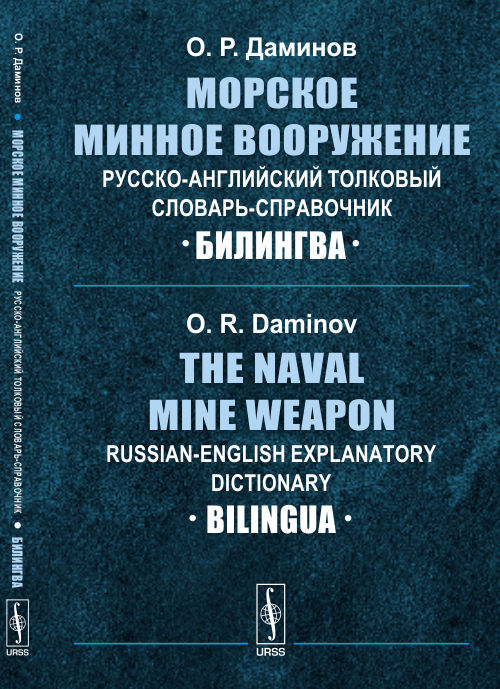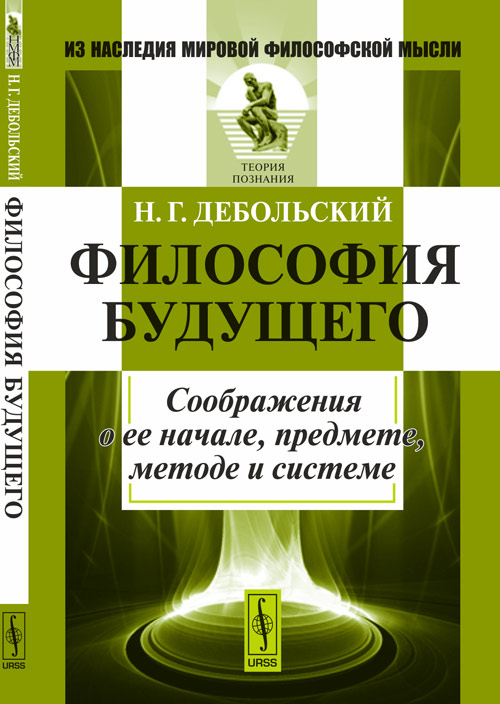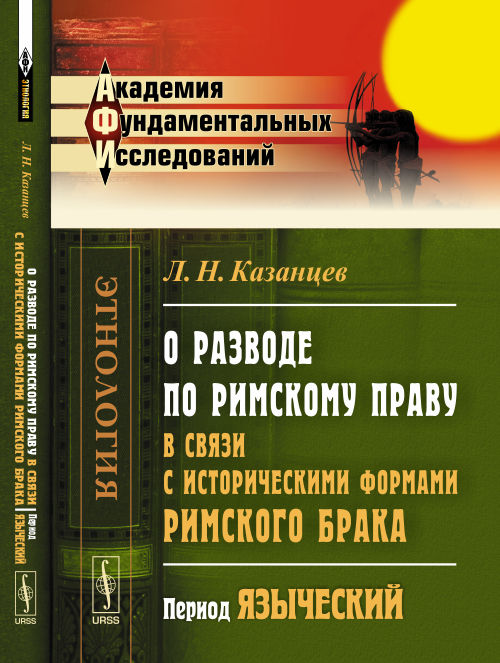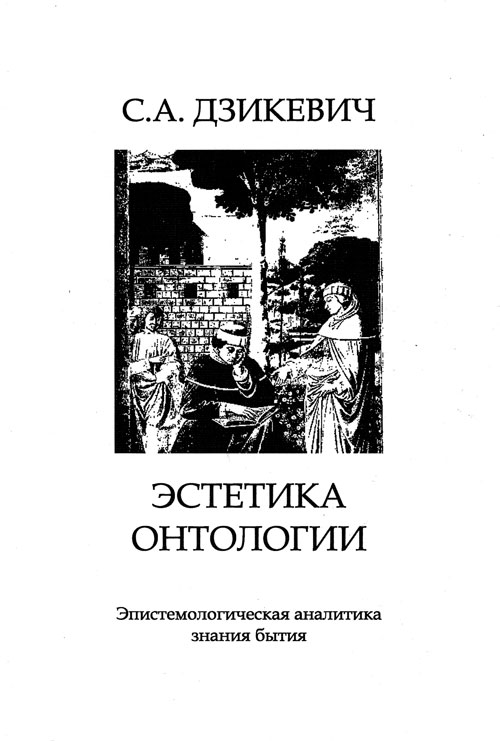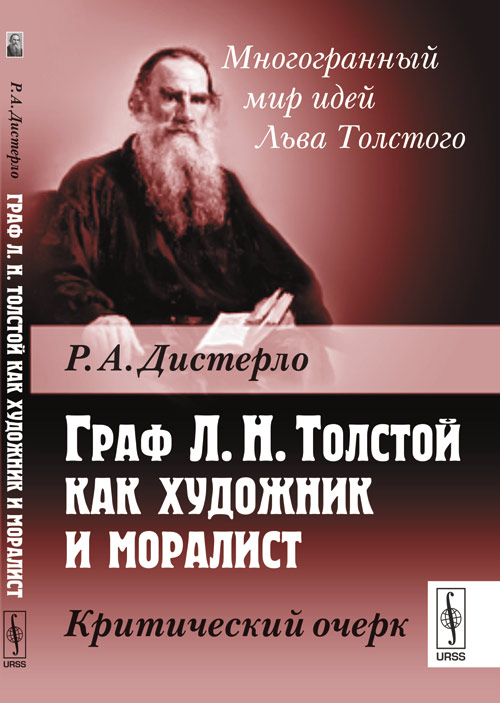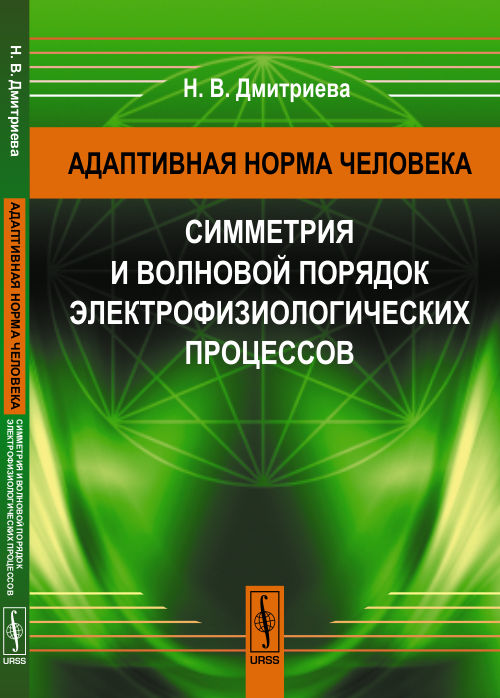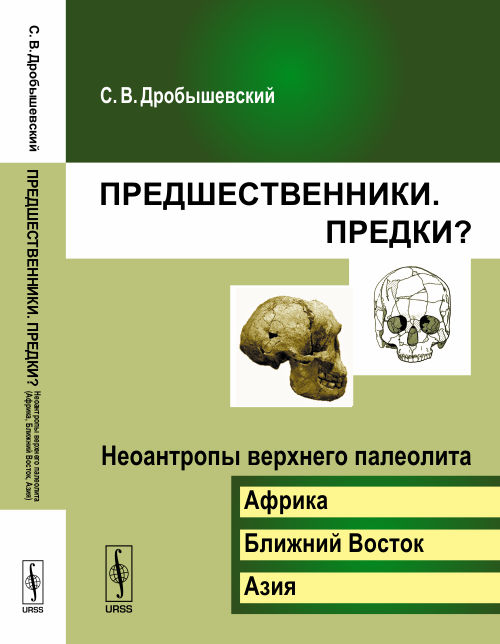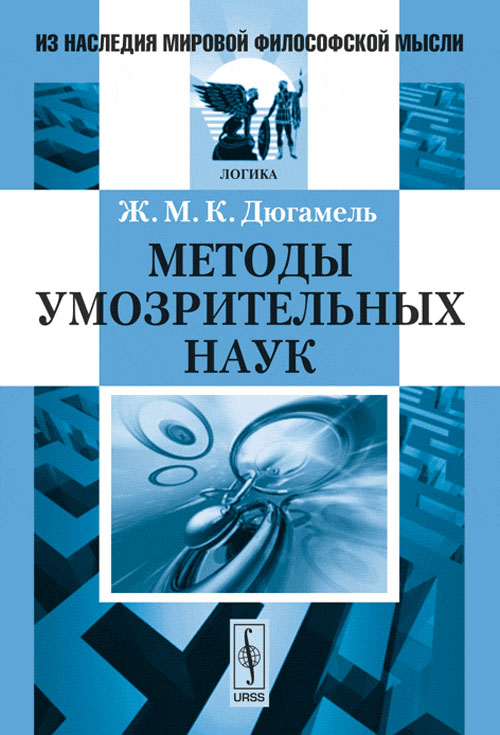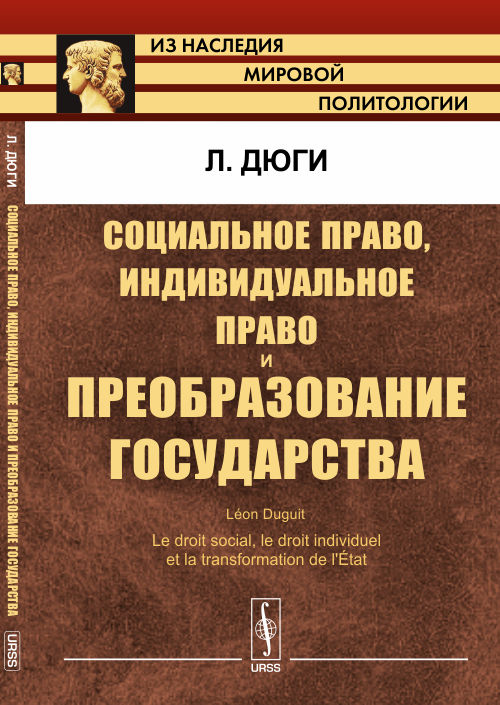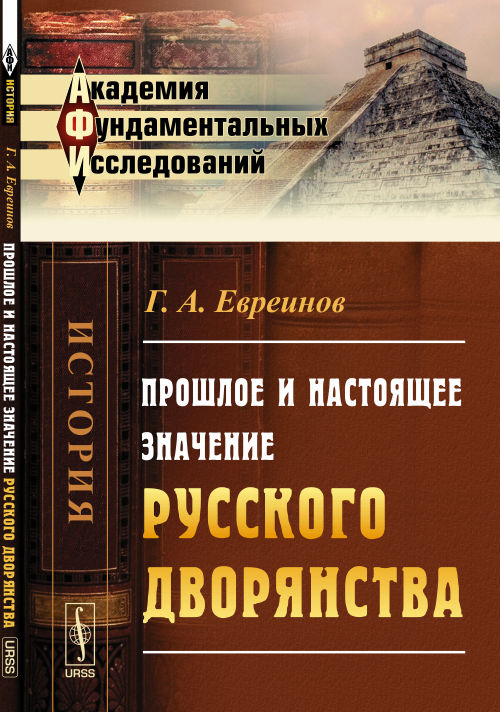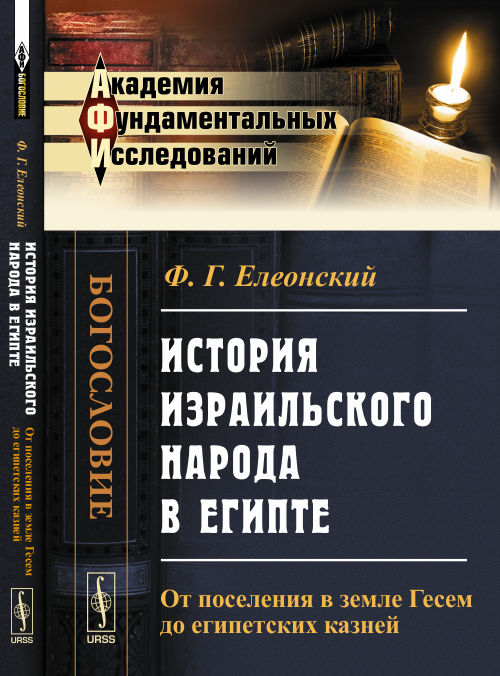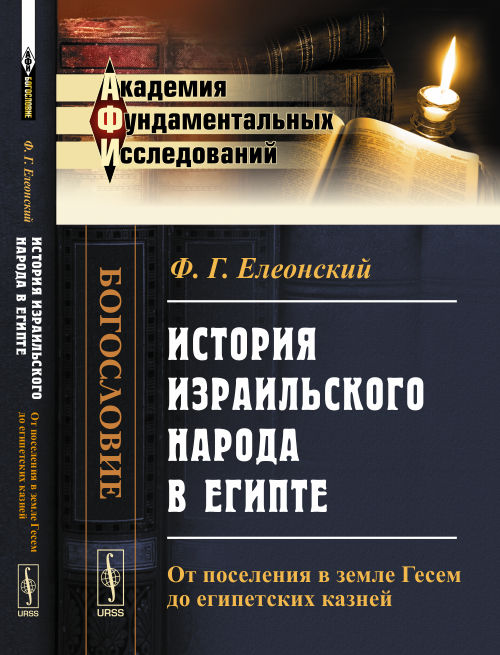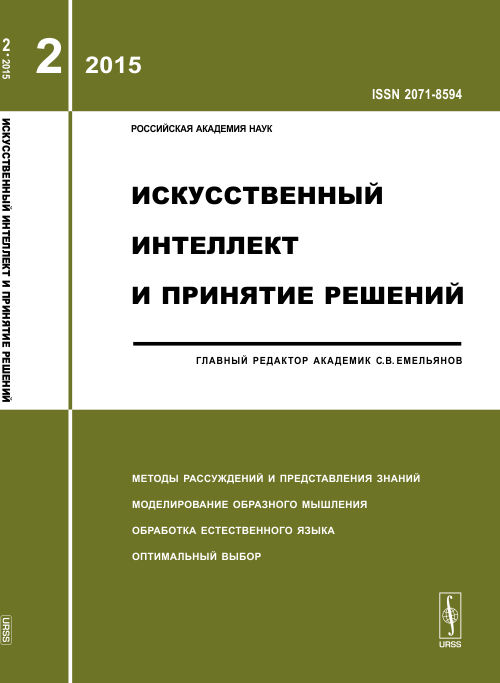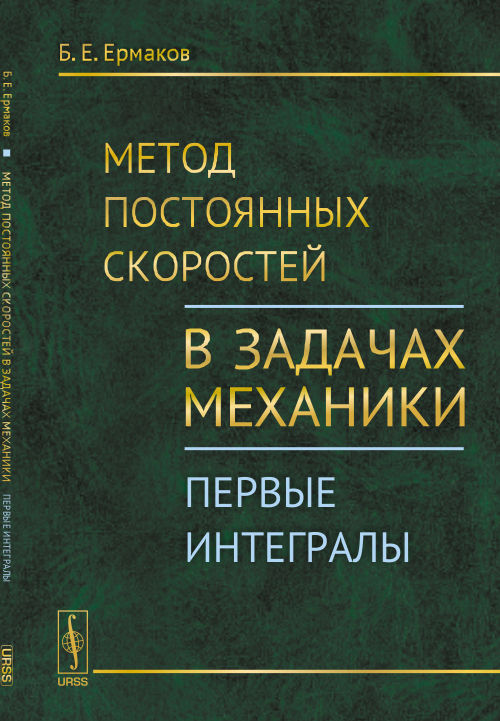Краткая аннотация:
Художественная литература Работа представляет собой анализ некоторых фундаментальных («предельное философское вопрошание») измерений постмодерной современности, их содержательно-онтологического наполнения и методологической функционализации. Современность (contemporaneity) определяется как социально-историческая эпоха, идущая на смену модернити, или времени Модерна. Показано, что на основе критики модерно-классического мышления и соответствующей картины мира перспективно смотрятся такие современные (вызовом современности задаваемые) феномены, как сложностность (complexity), концептность, различение и различия, диспозиционность, коммуникативная универсальность, эволюционно-историческое противопоставление, медийная информация и коммуникативные месиджи-смыслы, альтернатива и альтернативность, техногенность. Большое внимание уделено также проблемным измерениям человека (антропологическая постмодерность, смысложизненное творчество, профессиональная идентификация, справедливость) в современном глобализирующемся мире.Предназначается для специалистов-философов, аспирантов и студентов гуманитарного профиля, для всех тех, кого волнует проблемность и актуальность в форме постмодерной современности.Pyotr K. Grechko. Ontomethodological Discource of Contemporaneity: Historical Advancement and its ChallengesThe book problematizes the contemporary world focusing on its most historically advanced part --- that of contemporaneity. It deals with fundamental (“ultimate questioning”) dimensions of the postmodern reality, with their substance and methodological functioning. Contemporaneity is defined as a socio-historical epoch, destined to replace Modernity. It is demonstrated that the critique of the modern-classical thinking and the corresponding world view change the perspective on many things. Therefore the author focuses on such phenomena as complexity, conceptuality (conceptness), differentiating and differences, dispositions, communicative universality, the discrepancy between evolution and history, media information and communicative messages, alternatives and alternativity, the technogenic factor. Specific attention is paid to the problematic dimensions of the human being (anthropological postmodernity, creative meaning of life, professional identity, justice) in the contemporary globalizing world.The book is targeted at professionals, philosophers and students of the humanities and social sciences, as well as at the wider audience interested in the challenges of the postmodern word.
|













